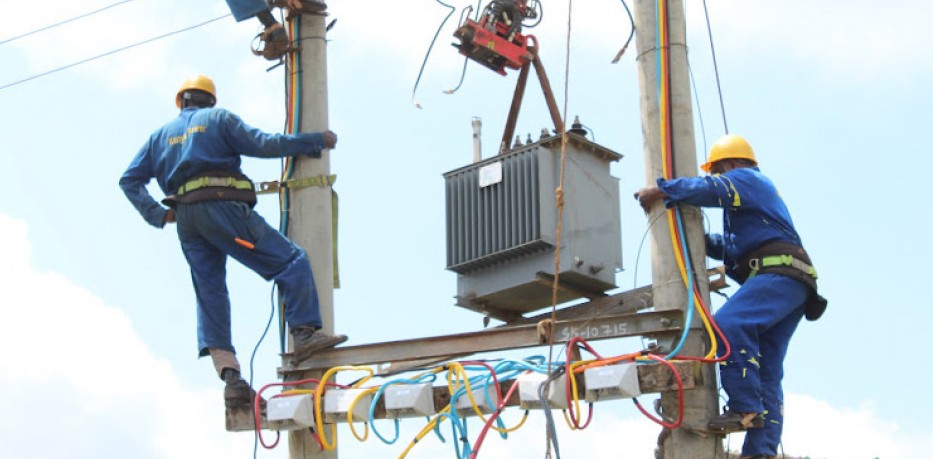EAC to enforce new tariffs on high-risk goods to curb revenue losses

If approved, the tariffs will take effect starting July 1, 2025.
The East African Community (EAC) member states have agreed to impose specific tariffs on lubricating oils, aluminium bars, and active yeast, aiming to combat revenue losses caused by under-invoicing and undervaluation by cross-border traders.
The decision, made by the EAC Sectoral Council on Trade, Industry, Finance, and Investment (SCTIFI) at a meeting in Arusha in November last year, has been forwarded to the Council of Ministers for adoption. If approved, the tariffs will take effect starting July 1, 2025.
More To Read
According to SCTIFI, the newly established rates include a specific duty of $0.46 per litre on lubricating oils, $700 per metric tonne on active yeast, and $690 per metric tonne on aluminium bars, rods, and profiles. These duties will be imposed at either 25 per cent of the product’s value or the specified rate, whichever is higher.
Concerns were raised by regional finance ministers during pre-budget consultations in May 2023.
"In implementing the directive by the Ministers/Cabinet Secretary, the experts identified lubricants in liquid form (engine oil), active yeast, and aluminium bars, rods, and profiles as high-risk and recommended imposing a specific duty rate to safeguard revenue," states an official SCTIFI report from the Arusha meeting.
Trade misinvoicing, a key component of illicit financial flows, involves falsifying the value, volume, or type of goods in international trade transactions to evade duties or move money across borders illegally. The practice has led to significant revenue losses across EAC countries.
According to Global Financial Integrity (GFI), a US-based think tank that monitors illicit financial flows, Uganda, Kenya, and Tanzania collectively lost an estimated $926 million annually in domestic tax and tariff revenue through trade misinvoicing over a 10-year period leading up to 2020.
The introduction of these tariffs aligns with the EAC’s revised four-band Common External Tariff (CET) structure, which came into force on July 1, 2022. Under this structure, finished goods entering the region face a higher tariff of 35 per cent, compared to 25 per cent under the previous three-band system.
The revised CET also includes a list of sensitive goods such as sugar, wheat, rice, and milk, which attract duties above 35 per cent to protect local industries from external competition.
“The new specific duties will not only generate much-needed revenue for EAC member states but also protect local industries from unfair trade practices,” said a senior EAC customs official who requested anonymity.
Top Stories Today














































